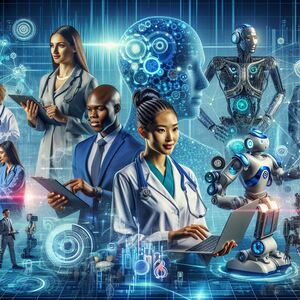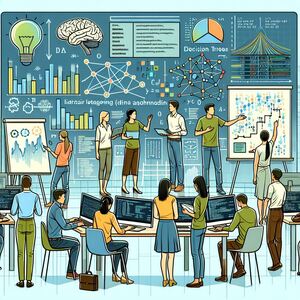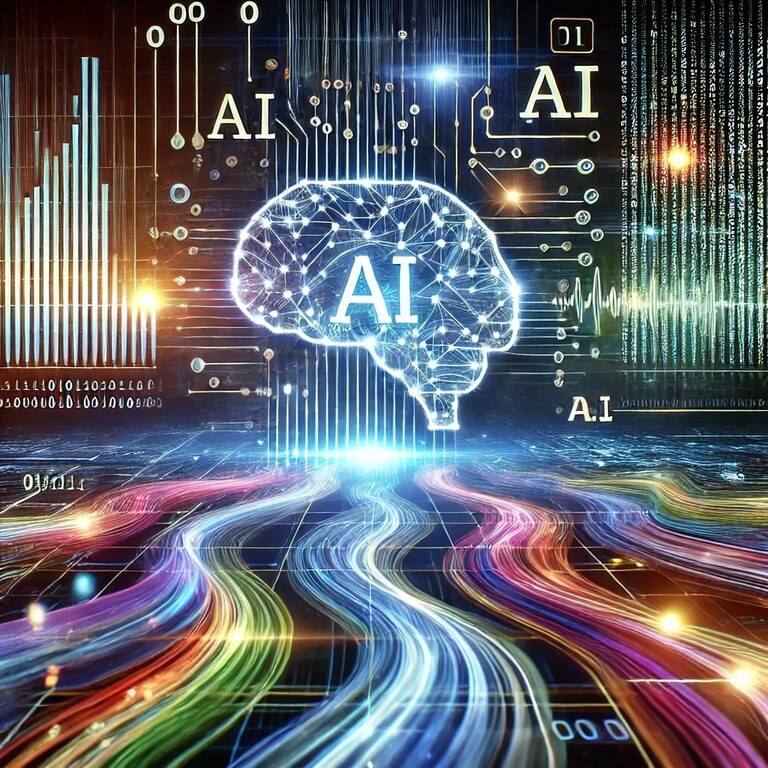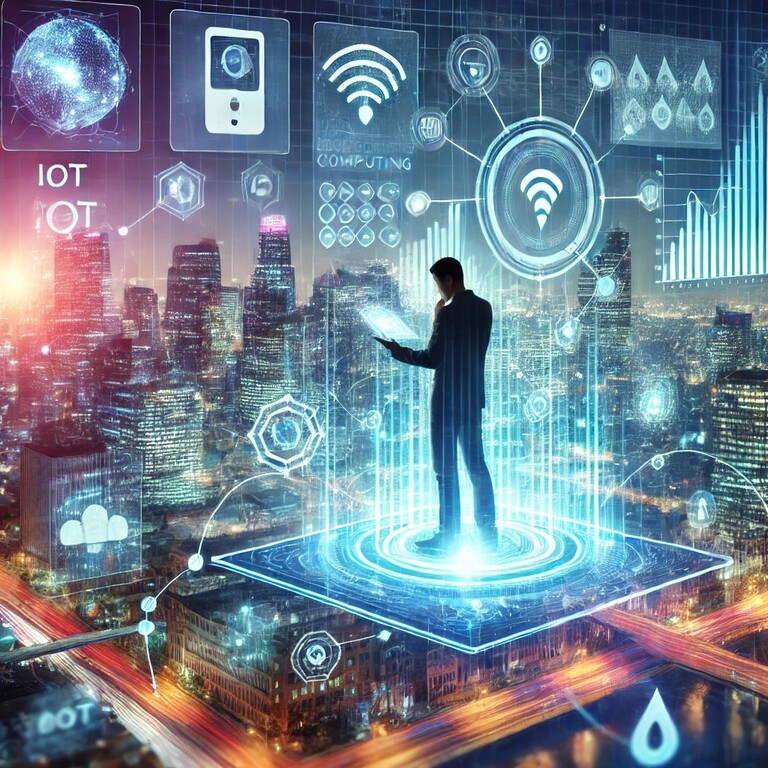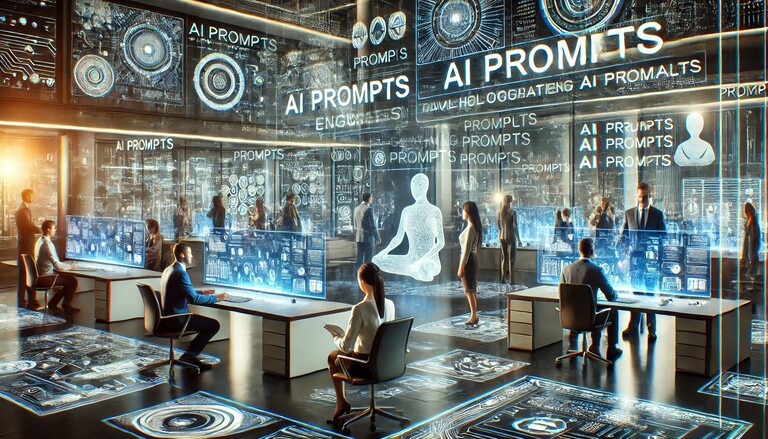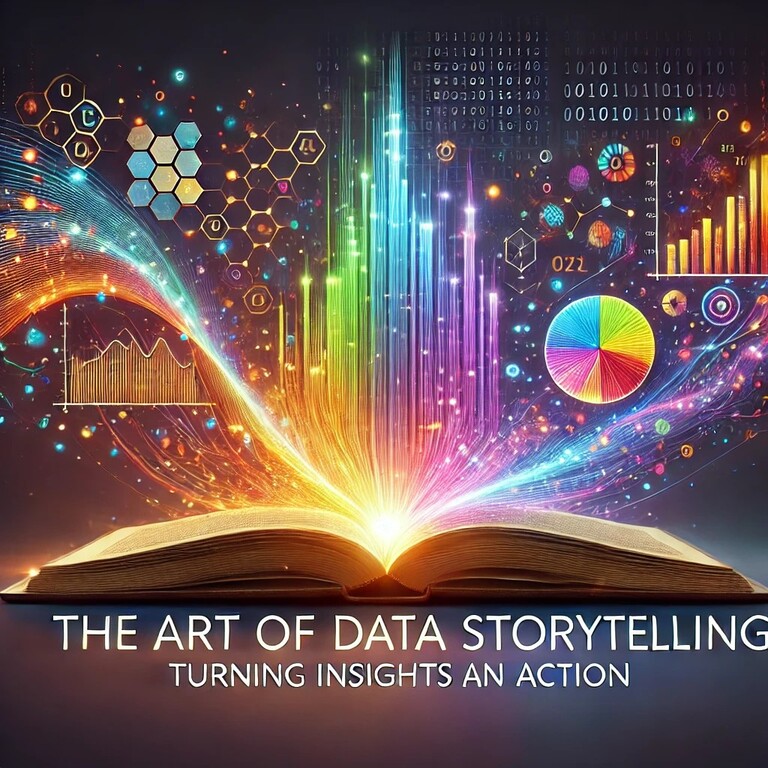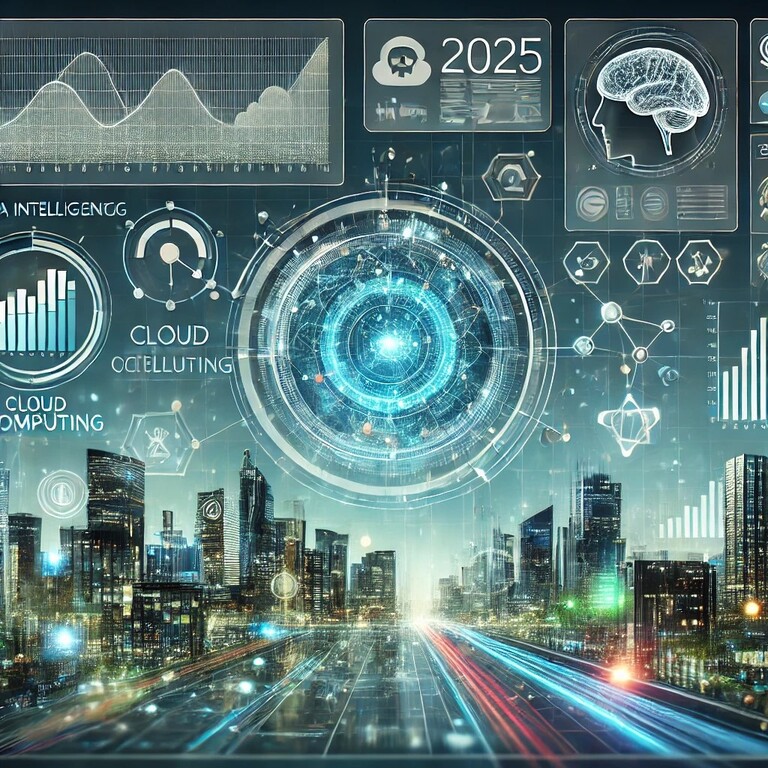As machine learning (ML) continues to evolve, The Future of Machine Learning in 2025 promises even more breakthroughs that will shape the way we work, live, and interact with technology. From new advances in artificial intelligence (AI) to the growing emphasis on ethical AI practices, machine learning is set to revolutionise industries in ways we’ve only begun to imagine. In this post, we explore the key trends and developments in ML that are expected to dominate in 2025 and beyond.
1. Advanced Generative AI Models
Generative AI, powered by large-scale language models, will continue to lead the charge in 2025. While AI-generated content, such as text, images, and videos, is already widespread, future models will be even more capable of creating highly realistic and personalised outputs. These advances will make it easier for businesses to generate marketing materials, automate customer service, and create unique, tailored experiences for users.
Companies will rely heavily on generative AI to enhance creativity and innovation, developing more dynamic ways to communicate with customers and improve product offerings. As these models evolve, we can expect them to become more interactive, adaptive, and aligned with user preferences.
For a deeper dive into generative AI’s impact on business, check out this Forbes article.
2. Explainable AI (XAI) Becomes Standard Practice
In 2025, explainable AI (XAI) will no longer be a nice-to-have feature but a standard practice across industries. As AI systems become increasingly complex, understanding how and why a machine makes decisions will be essential for trust, accountability, and regulatory compliance.
XAI will ensure that ML models used in critical areas like healthcare, finance, and law are transparent and understandable to end-users. Businesses will adopt new tools to make their models interpretable, providing more visibility into algorithmic decision-making processes. This will be crucial as governments and regulatory bodies impose stricter guidelines around the use of AI systems.
For more information on XAI, visit IBM’s AI Fairness 360 platform.
3. Federated Learning and Data Privacy
Data privacy concerns will continue to grow, and federated learning will play a pivotal role in addressing these issues. This innovative technique allows AI models to be trained across decentralised devices, enabling data to remain local and private while still improving global model performance.
In 2025, federated learning will be widely adopted in sectors like healthcare, where patient data is highly sensitive, and in banking, where financial information needs to be protected. This technology allows organisations to gain insights from large data sets without violating privacy regulations such as the GDPR.
4. Edge AI: The Future of Real-Time Processing
Edge AI will gain more traction in 2025 as the demand for real-time processing continues to rise. By moving data processing to local devices, edge AI reduces latency and makes devices smarter. This trend is expected to impact industries like automotive (autonomous driving), healthcare (remote patient monitoring), and manufacturing (predictive maintenance).
Edge AI will also help to alleviate the load on cloud infrastructure, offering a more sustainable solution for data processing. By integrating ML algorithms directly into devices, businesses can improve operational efficiency and responsiveness.
5. AI-Powered Automation and Workforce Transformation
In 2025, AI-powered automation will become more sophisticated and widespread across industries. From automating routine tasks in offices to managing entire supply chains, ML will streamline operations and reduce human error. However, this rise in automation will also prompt significant changes in the workforce.
While some jobs will be replaced by AI systems, new roles and skills will emerge. Workers will need to adapt by developing expertise in AI and data analytics. Continuous learning and reskilling will be essential for professionals to stay relevant in this rapidly changing environment.
6. Ethical AI and Bias Mitigation
As AI adoption grows, so does the focus on ethics. In 2025, addressing AI bias and ensuring fairness will be a primary concern. Training data can carry inherent biases, which, if left unchecked, can lead to discriminatory outcomes.
To combat this, organisations will implement bias mitigation techniques and adopt frameworks that prioritise fairness and inclusivity. Ethical AI will also involve greater transparency, ensuring that AI decisions are not only explainable but also equitable for all individuals, regardless of background or demographic.
Learn more about the importance of ethical AI in this article from the World Economic Forum.
7. AI in Healthcare: Revolutionising Medicine
Machine learning will continue to transform healthcare in 2025, improving both diagnosis and treatment. From predictive analytics that help doctors make better decisions to personalised medicine tailored to individual genetic profiles, AI’s role in healthcare will expand dramatically.
AI-powered tools will assist doctors in diagnosing diseases, monitoring patients remotely, and recommending personalised treatment plans. The potential for machine learning to enhance medical research and improve patient outcomes is enormous, making healthcare one of the most promising fields for AI development.
8. AI and Sustainability: Tackling Global Challenges
In 2025, machine learning will play a key role in addressing global challenges like climate change and resource depletion. By analysing large data sets, AI can help scientists predict weather patterns, optimise energy use, and identify solutions for more sustainable practices across industries.
AI-powered technologies will also enable businesses to reduce their carbon footprints by improving supply chain efficiency, energy management, and waste reduction. As companies face increasing pressure to meet sustainability goals, machine learning will be a critical tool in helping them do so.
Conclusion: Embracing the Future of Machine Learning
The future of machine learning in 2025 and beyond is incredibly promising. With the growth of generative AI, the expansion of federated learning, and the increasing focus on ethical practices, ML will continue to drive innovation across every industry. By staying ahead of these trends and embracing new technologies, businesses and individuals can unlock new opportunities and achieve significant advancements.
Machine learning is not just a trend; it is the future. As we move into 2025, those who adapt to these changes will be the ones leading the charge in the AI-powered world of tomorrow.



